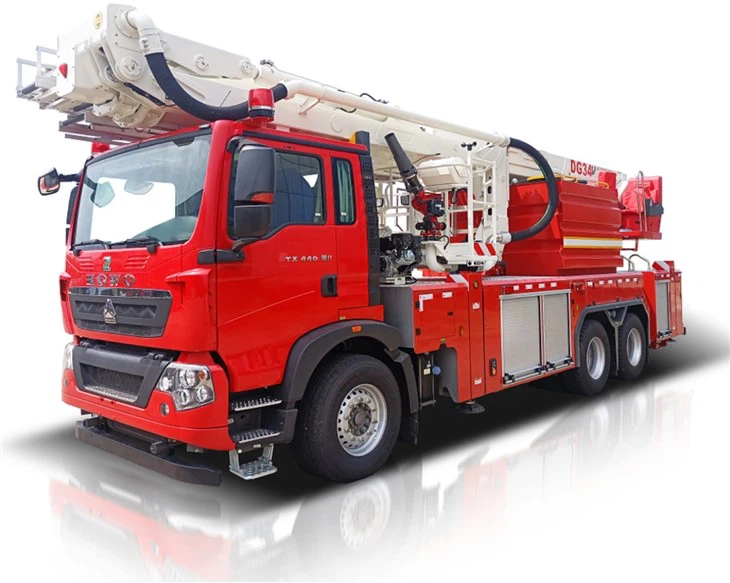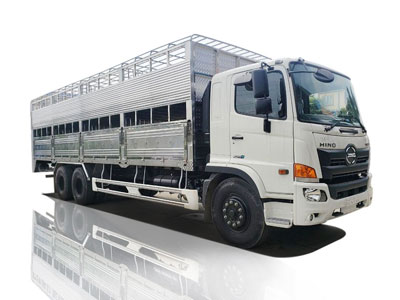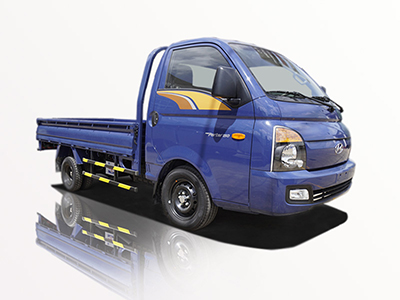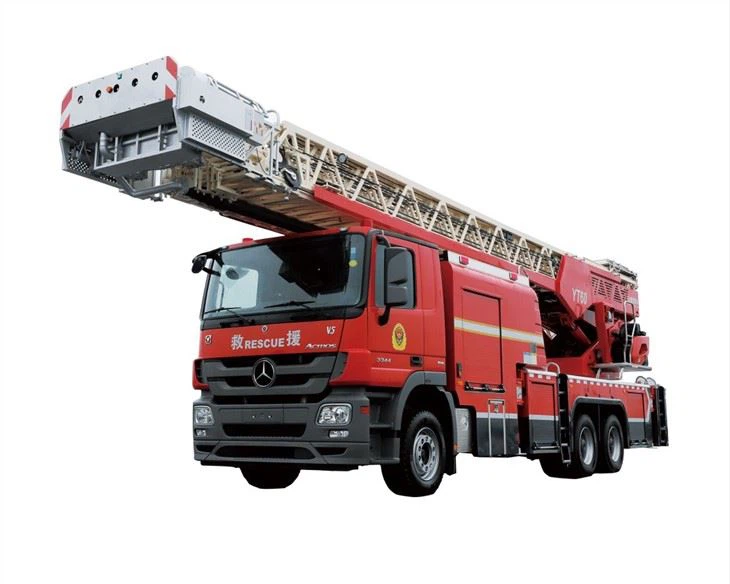In the world of logistics, the combination of trucks and containers plays a crucial role in transporting goods efficiently across vast distances. From local deliveries to international shipping, understanding how trucks and containers work together can significantly enhance supply chain operations. This comprehensive guide will explore various aspects of truck and container logistics, including types, advantages, challenges, and best practices.
Overview of Trucks and Containers
What Are Trucks?
Trucks are motor vehicles designed primarily for transporting cargo. They come in various sizes and configurations, from small delivery vans to large 18-wheelers. Each type of truck serves a specific purpose, allowing businesses to choose vehicles that best meet their transportation needs.
What Are Containers?
Containers are standard-sized boxes used for shipping goods. They are made of steel or aluminum and can be easily loaded onto trucks, trains, and ships. Containers come in various sizes, including 20-foot and 40-foot dimensions, and are designed to protect cargo from damage during transit.
The Importance of Trucks in Container Shipping
Last-Mile Delivery
Trucks play an essential role in last-mile delivery, transporting containers from ports or distribution centers to their final destinations. This phase is vital for ensuring that goods reach consumers promptly.
Cost Efficiency
Using trucks for container transportation can significantly reduce logistics costs. Trucks are versatile and can reach areas where other modes of transportation may struggle, making them a cost-effective option for many businesses.
Types of Trucks Used for Container Transport
Flatbed Trucks
Flatbed trucks are ideal for transporting shipping containers that do not require full enclosure. They have an open deck that allows for easy loading and unloading using cranes or forklifts.
Container Chassis Trucks
Container chassis trucks are specifically designed to carry shipping containers. They feature a flat platform with legs intended to support and secure the container during transit.
Reefer Trucks
Reefer trucks are refrigerated vehicles used to transport perishable goods. They are beneficial for moving food items in containers that need to be kept at specific temperatures.
Container Sizes and Specifications
Standard Container Sizes
| Container Type | Length (Feet) | Width (Feet) | Height (Feet) |
|---|---|---|---|
| 20-foot Container | 20 | 8 | 8.5 |
| 40-foot Container | 40 | 8 | 8.5 |
| 40-foot High Cube | 40 | 8 | 9.5 |
Specialized Containers
There are also specialized container types, such as:
- Open-top containers for oversized cargo
- Humidity-controlled containers for sensitive products
- Tank containers for liquids and gases
Benefits of Using Containers with Trucks
Intermodal Transportation
Containers enable intermodal transportation, allowing cargo to be moved seamlessly between different transportation modes (trucks, trains, and ships) without reloading. This efficiency speed up shipping times and reduces costs.
Protection of Goods
Containers provide a secure environment for goods during transport, minimizing the risk of damage from weather, theft, or accidents. This aspect is particularly essential for high-value and delicate items.
Challenges in Truck and Container Logistics
Traffic Congestion
Traffic congestion can significantly impact delivery times, particularly in urban areas. It requires careful planning and time management to ensure timely deliveries.
Weight Restrictions
Different regions have specific weight restrictions for trucks. Overloading trucks can lead to penalties and increased transportation costs. It’s important to be aware of these regulations when planning shipments.
Infrastructure Limitations
Not all roads and bridges are designed to accommodate large trucks, which can limit access to certain areas and pose challenges in transportation planning.
Best Practices for Truck and Container Logistics
Route Optimization
Utilizing software for route optimization can help minimize travel times and fuel costs, providing more efficient logistics management.
Regular Maintenance
Conducting regular maintenance on trucks is crucial for ensuring safe and efficient operations. Keeping trucks in good condition prevents delays due to breakdowns.
Using Technology
Implementing tracking systems and logistics management software can help businesses monitor shipments in real-time, improving transparency and communication with clients.
Practical Examples of Truck and Container Use
E-commerce Fulfillment
In the world of e-commerce, businesses often rely on truck and container logistics to meet customer demands. A common scenario involves container shipments arriving at a distribution center, where goods are sorted and loaded onto trucks for last-mile delivery.
International Trade
Companies engaged in international trade frequently use containers for shipping goods via ocean freight and then utilize trucks for transport within the importing country. For example, an electronics manufacturer may ship products in containers from Asia to a port in the U.S. and then use local trucks for distribution to retailers.
FAQs
What is the difference between a truck and a container?
A truck is a motor vehicle used for transporting goods, while a container is a standardized unit used for shipping cargo, designed to be easily loaded and unloaded from various transportation modes.
How do trucks transport containers?
Trucks transport containers by using specialized trailers or chassis designed to carry containers securely. The container is lowered onto the truck’s chassis, where it is locked in place for transit.
What are the benefits of intermodal shipping?
Intermodal shipping offers benefits such as reduced costs, improved transit times, and increased efficiency by allowing goods to move seamlessly between different transport modes without reloading.
How do I choose the right truck for my container?
Choosing the right truck depends on the type of container, the weight of the cargo, and the distance it needs to travel. Consider factors such as route limitations, load capacity, and delivery timelines.
What regulations must I be aware of when trucking containers?
When trucking containers, it’s essential to be aware of local weight restrictions, road regulations, and safety standards. Research these regulations and ensure compliance to avoid penalties.



